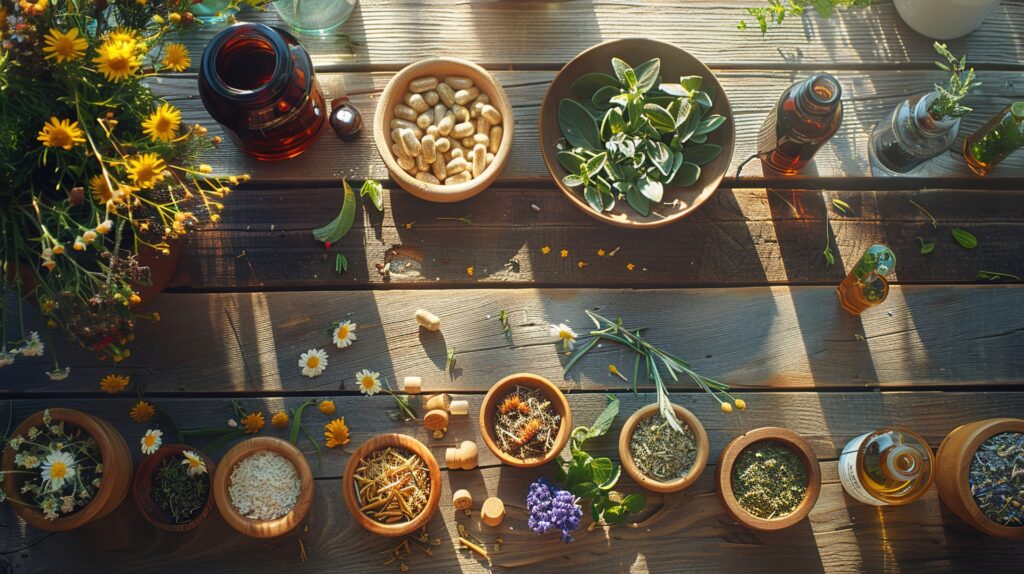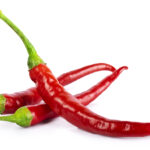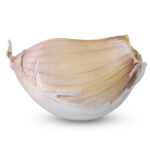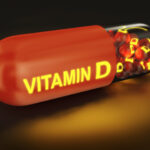Many resort to natural remedies to reduce their blood pressure. Here is the brief overview of the ten most popular remedies and the reality of their effects.
Garlic Supplements
Some studies suggest garlic can modestly reduce blood pressure. The meta-analysis reported reductions of up to 6.7 mm Hg systolic and 4.8 mm Hg diastolic blood pressure. Other studies showed no response. One thing is clear: the effects are inconsistent. Garlic supplements shouldn’t replace prescribed treatments.
Apple Cider Vinegar
There’s no scientific evidence supporting its use for blood pressure control. Apple cider vinegar (ACV) is often touted as a natural remedy for high blood pressure, but scientific evidence supporting this claim is limited. The 2016 study found that ACV effectively lowered blood pressure in hypertensive rats. However, these findings have not been replicated in human studies. Relying on it may delay effective treatment.
Coenzyme Q10 (CoQ10)
Coenzyme Q10 (CoQ10) is a naturally occurring antioxidant involved in cellular energy production. Its effectiveness in lowering blood pressure is debated. Meta-Analysis (2022) of 26 randomized controlled trials with 1,831 participants found that CoQ10 supplementation reduced systolic blood pressure by an average of 4.77 mm Hg. Cochrane Review (2016): Analyzing two trials with 50 participants, this review concluded that CoQ10 did not have a clinically significant effect on blood pressure.
Fish Oil Supplements
Evidence on fish oil’s impact on blood pressure is mixed. Some studies show minor reductions, while others find no significant effect that may offer minor benefits but isn’t a substitute for standard treatments.
Herbal Teas
Hibiscus Tea
Studies show it can reduce systolic blood pressure by 7-10 mm Hg, but it does not work for all people, the reason is unknown.
- Mechanism: Rich in antioxidants, it helps relax blood vessels.
- Caution: May interact with hydrochlorothiazide and ACE inhibitors.
Green Tea
Mildly effective in lowering blood pressure, with a reduction of about 2-3 mm Hg.
- Mechanism: Contains catechins that improve endothelial function.
- Caution: Excessive intake can cause caffeine-related spikes.
Chamomile Tea
Often claimed to reduce stress-induced blood pressure spikes, but the evidence is limited.
- Mechanism: Sedative effects may promote relaxation.
- Caution: Limited direct studies on blood pressure reduction.
Licorice Root Tea
Known to raise blood pressure due to glycyrrhizin content.
- Mechanism: Causes sodium retention and potassium loss.
- Caution: Avoid if hypertensive or taking blood pressure medications.
Peppermint Tea
Claimed to lower blood pressure, but research is scarce.
- Mechanism: May act as a vasodilator due to menthol content.
- Caution: Not a reliable standalone remedy.
Fenugreek
Traditionally used for various health benefits, including potentially lowering blood pressure. However, more extensive research is needed to substantiate these claims fully.
Magnesium Supplements
Magnesium can help lower blood pressure by relaxing blood vessels. However, research presents conflicting results on its efficacy, and there is no consensus on the ideal dosage or form. It’s recommended to obtain magnesium through food sources, with supplements considered only if dietary intake is insufficient.
Potassium-Based Salt Substitutes
Replacing regular salt with potassium-based alternatives can help lower blood pressure by relaxing blood vessel walls and causing the body to excrete more sodium. However, individuals with certain health conditions or those taking specific medications should consult a healthcare provider before making such changes.
Black Beans
Black beans are rich in nutrients that can benefit health, including lowering blood pressure. They contain phytochemicals that enhance blood vessel function and help maintain arterial flexibility, thus lowering hypertension. A study on hypertensive rats found that regular consumption of black beans improved vascular compliance, indicating better blood vessel function. However, these benefits diminished when black bean consumption stopped, suggesting that consistent intake is necessary for sustained effects.
Rice Diet
Developed in the 1930s, the Rice Diet was initially aimed at treating hypertension and kidney disease. While it showed some early success, particularly in reducing blood pressure, the diet’s restrictive nature posed significant health risks, and its extreme limitations make it controversial today.






